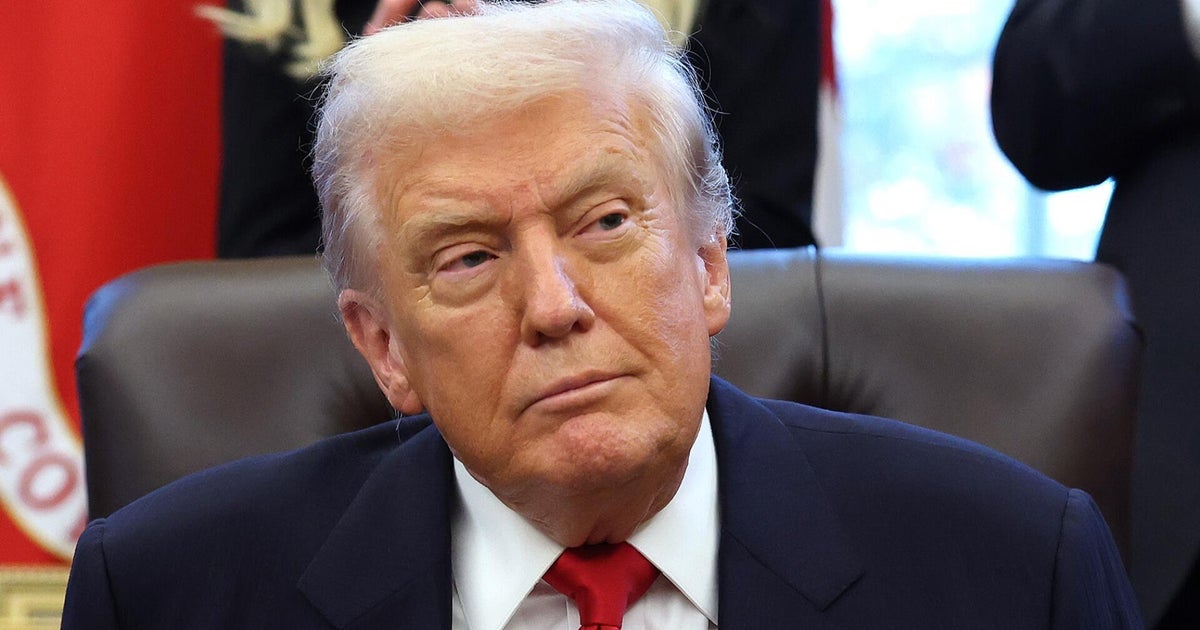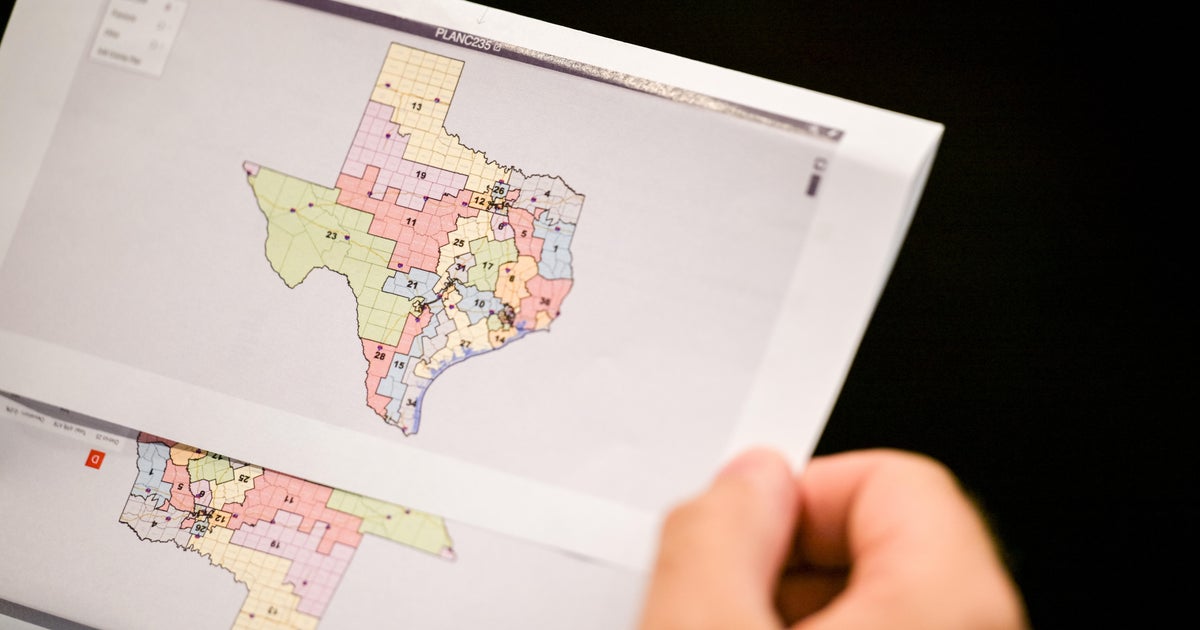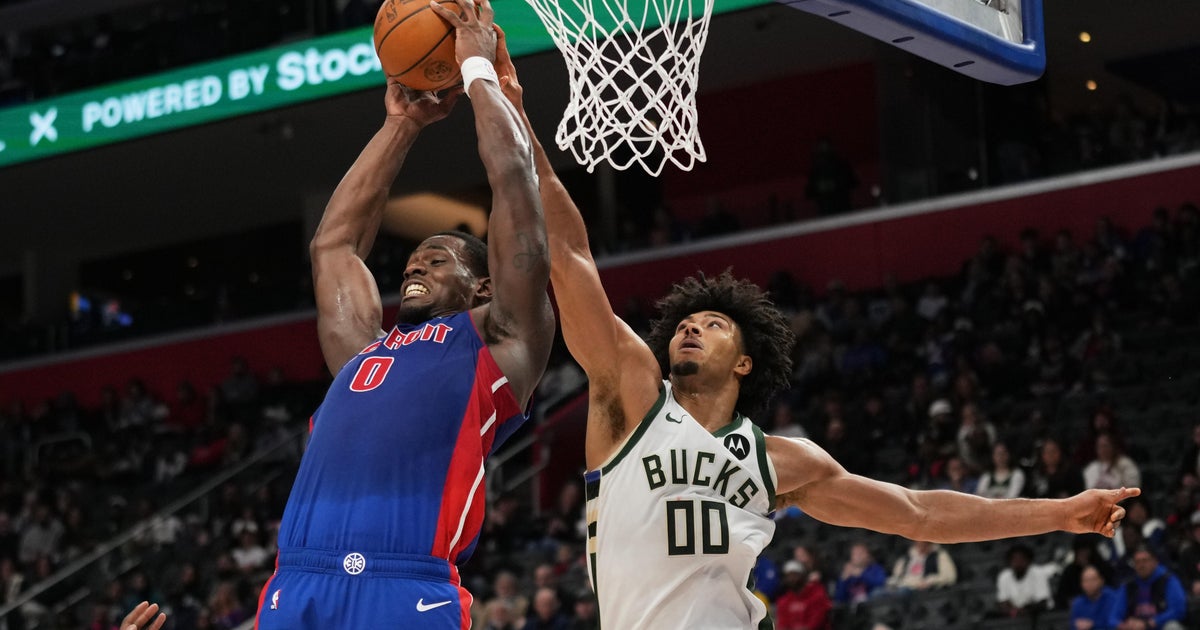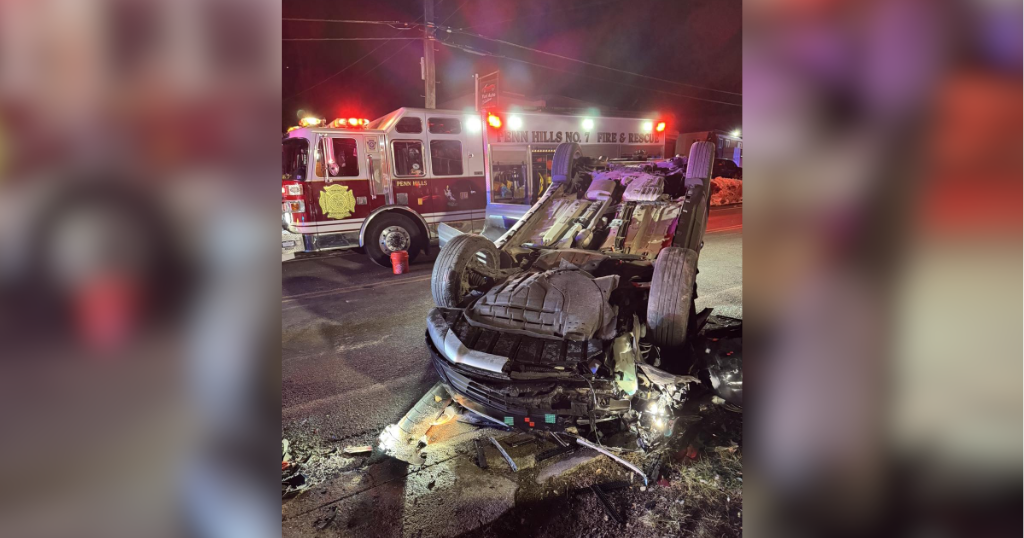With sports betting legalized, who'll hit the jackpot?
After Monday's Supreme Court decision that essentially OK'd wagering on college and pro sports games in many states, the speculation about who's going to profit exploded. Plenty of money is surely to be made, but the size of the payout won't be clear for a while.
Jefferies analyst David Katz is hedging his bets when it comes to forecasting its impact, though he views the ruling as a positive for casino operators. In a recent note to clients, Katz estimated the sports betting market at $1.2 billion to $57 billion and the potential revenue at between $62 million to $2.9 billion for casinos. His wide range of estimates is by design.
"A set of regulations and taxes need to be put into place, and we don't know what those are," Katz said in an interview. "We have seen situations in gaming where regulatory bodies are set up and tax rates are set up that's a structure so onerous that it doesn't benefit the operators to pursue it. The returns aren't good enough. It winds up being a much smaller business than anyone expected."
Ceasar's Entertainment (CZR), which operates 50 casinos, and Penn National (PENN), which has 23 properties, should benefit the most from legal sports betting, according to Katz. Casinos don't make huge profits from sports bookmaking, but they hope the service will attract more visitors to their properties where players can engage in more profitable games, for the house, such as slot machines.
Many casinos off the Las Vegas Strip outsource their bookmaking operations, and it isn't clear whether they would be interested in running the businesses now, given the risks involved. U.K. bookmakers GVC Holdings, parent of Ladbrokes and William Hill, however, are eager to expand their U.S. footprints in the wake of the court's ruling.
"Legalized sports betting means that consumers and sports leagues will have greater protection, states will benefit from the raising of taxes and there is the potential for over 100,000 jobs to be created," said CEO Philip Bowcock of William Hill in a press release. "We welcome the ruling and expect to be operational in New Jersey as soon as responsibly possible."
According to Height Capital Markets, seven states (Nevada, Delaware, New Jersey, New York, Pennsylvania, West Virginia and Mississippi) will likely have sports wagering regulations in place for the start of the National Football League season in August. The NFL is by far the country's most popular professional sport with both fans and gamblers. According to the American Gaming Association, gamblers were forecast to wager more than $4.7 billion on the last Super Bowl.
In reaction to the court's decision, the NFL vowed that its "long-standing and unwavering commitment to protecting the integrity of our game remains absolute."
Sports leagues are also eager to get their cut through so-called "integrity fees." According to The Wall Street Journal, Major League Baseball and the National Basketball Association are seeking as much as 20 percent of what sports betting operations typically earn in revenue. And media companies, which shell out billions annually for the rights to broadcast sports, may benefit if they attract new viewers who have wagered on the outcome.
The states will also get a windfall. Victor Matheson, an economist at the College of the Holy Cross, estimates that they'll reap about $4 billion. But that's a fraction of the $18 billion or so states collect from lotteries.
Wagering isn't as profitable for states. For every $1 lottery ticket that's sold, 65 cents goes to prizes and about 25 cents goes to the government. But states will net only about 1.5 cents from a $1 bet, with about 90 cents going to prizes.
Some gaming experts said they're concerned that the court ruling will create an epidemic of problem gambling.
"The amount of compulsive gambling will go up," said Father Richard McGowen, an associate professor of finance at the Carroll School of Management at Boston College. "Especially a lot of young males are going to get trapped in this … thinking that it's easy money." But for now at least, a range of industries and the states are banking that a windfall is coming.







